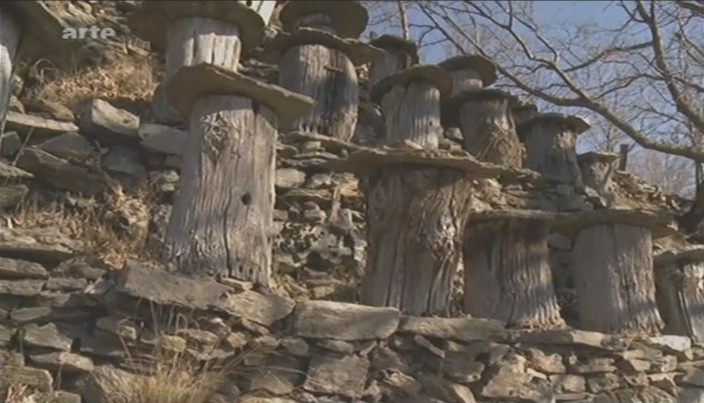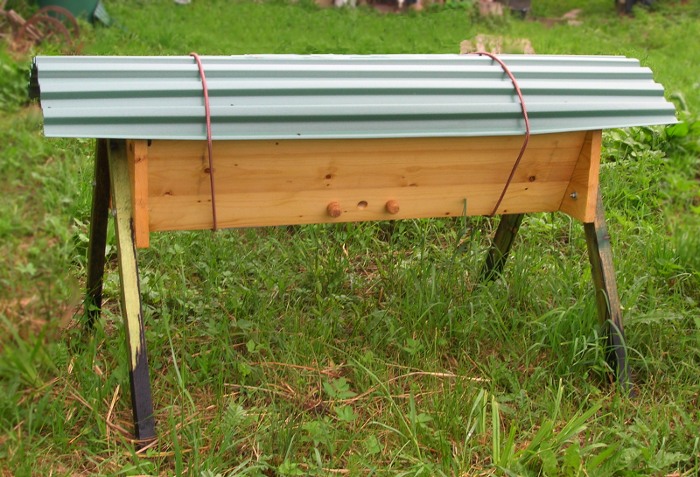- Joined
- Aug 4, 2011
- Messages
- 2,597
- Reaction score
- 10
- Location
- Levenshulme, Manchester UK
- Hive Type
- 14x12
- Number of Hives
- 2 - and steward of 8 others.
Here we go again!
💥💥💥💥




Dusty
💥💥💥💥




Dusty





Here we go again!
💥💥💥💥
Dusty
So what makes one top bar hive more natural than another top bar hive?
Open toed sandals


If you wanted to do natural beekeeping just for the love of the bees wouldn't just keep them in a closed box that you never opened?

Congratulations: you've just invented Schrodinger Beekeeping
That would mean you know the bee's mass but never where it is or vice versa... sorry that was Heisenberg...

That was shocking
Oh dear, I'm one of those sad people that has the lot, Dadants with and without foundation, Warré with TB or frames with and without foundation, KTBH, some hives that I never open, wooden hives and plastic hives, but one thing they all have in common is no treatments.
Chris
Neils...Bohring you mean..
I am still going around in circles, none of this modern stuff
Sounds like my apiary, entirely. A motley collection of hives of all sorts and fantastic opportunities for varied observations of non-treated colonies. Eg: Do colonies need their old combs exchanged for them? Probably not, I conclude as the ancient skep colonies are busy shredding it right now, at a rate of 200g a day - I am impressed!
Could it be that non-treated bees learn specific behaviours?
Thanks, Chris.It's quite clear from my experience that honey bees are more than capable of using the same space for tens of years without having their comb changed for them. I have strong colonies that have never had the frames removed from their brood box for many, many years with continuous occupation so not being cleaned out by wax moth or any other means. Of course this may not produce maximum yields but I'm neither greedy nor dependent on it being a man of modest needs.
I could only speculate about non treated bees learning specific behaviours, in my case I allow the weak to fail and the strong to survive and multiply, 'twas always thus in the natural world but varroa isn't killing my bees or killing them via any other varroa related causes.
Chris
Enter your email address to join: